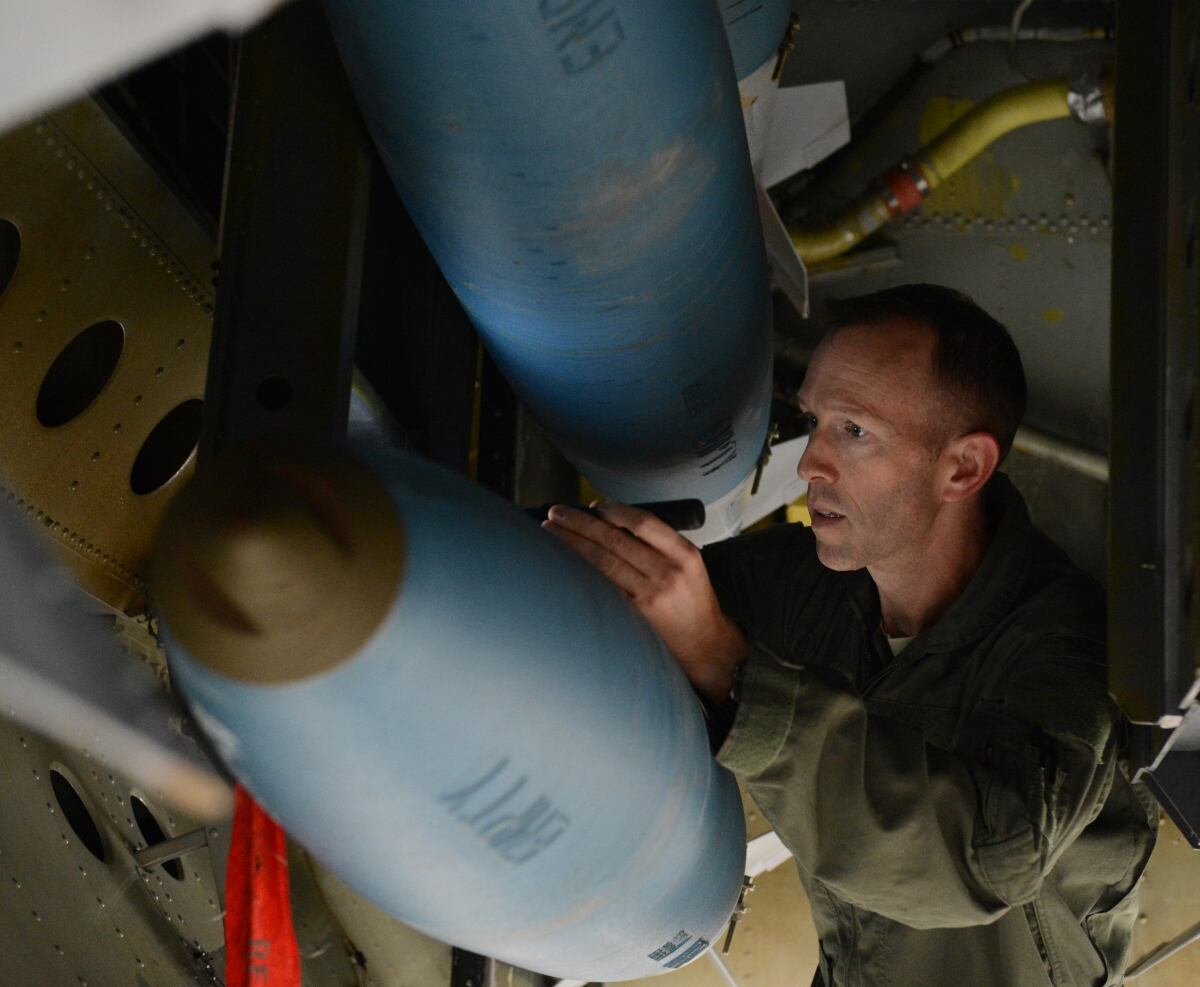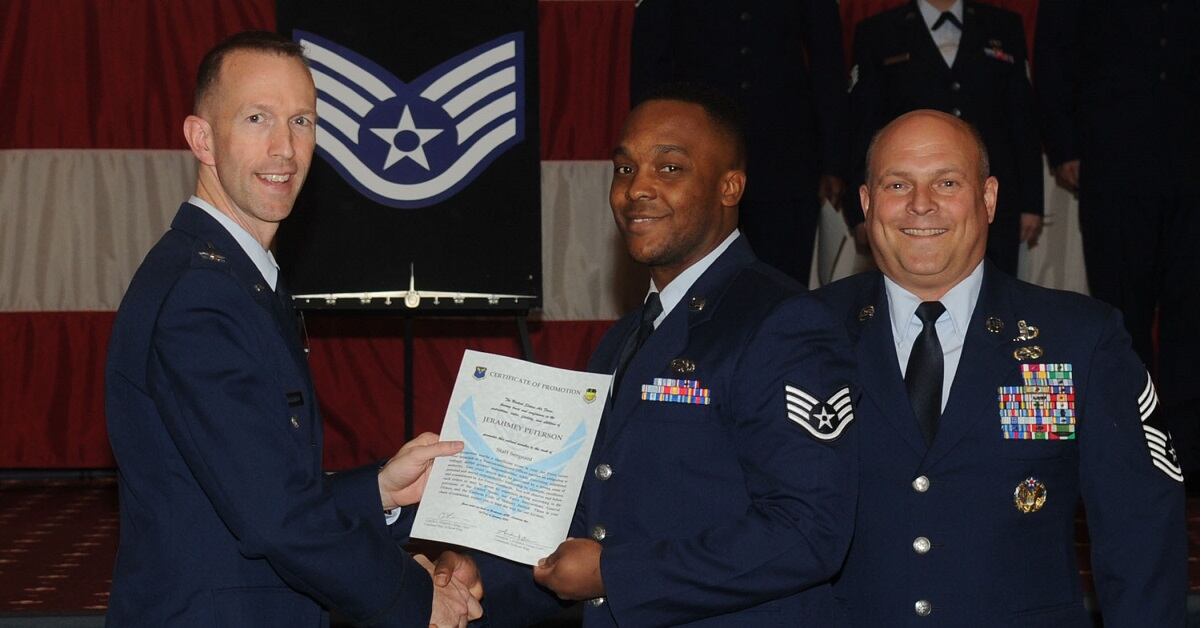The Air Force has ruled that one of its commanders had a right to exercise his religious beliefs when he declined to sign a certificate of appreciation for the same-sex spouse of an airman under his command.
Col. Leland Bohannon, a Christian, had previously refused to sign a certificate of appreciation for the same-sex spouse of a retiring master sergeant in his command.
Last year, the Air Force ruled that the incident was discrimination, and passed Bohannon up for promotion to brigadier general.
Rep. Doug Lamborn, R-Colo., and other lawmakers, sent a letter to Secretary of the Air Force Heather Wilson in December, supporting Bohannon’s bid for a religious accommodation in the case.
In a reversal of fortunes, Wilson responded Monday with her own letter, notifying Lamborn that the director of the Air Force Review Boards Agency granted Bohannon his appeal.
“The director concluded that Colonel Bohannon had the right to exercise his sincerely held religious beliefs and did not unlawfully discriminate when he declined to sign the certificate of appreciation for the same-sex spouse of an airman in his command,” Wilson wrote.
The letter reaffirmed that the Air Force has a duty to treat people fairly and without discrimination on the basis of race, color, national origin and sexual orientation.
In this case, however, that duty was met “by having a more senior officer sign the certificate,” Wilson wrote.
RELATED

Because the offer for an accommodation was made in this instance, there was no basis for the discrimination claim, according to Mike Berry, deputy general counsel for First Liberty Institute, a religious liberties group that represented Bohannon in his appeal.
“The individual who would have instead signed the airman’s letter would have been a two-star,” Berry said.
Now, “the Air Force is going to clear up [Bohannon’s] service record, and I think after that he is entitled to a review of his possible promotion to brigadier general,” Berry added.
But Mikey Weinstein, founder of the Military Religious Freedom Foundation, an advocacy group dedicated to upholding service members’ Constitutional right of religious freedom, said the decision contradicts one of the Air Force’s core values: “service before self.”

“This is nothing more than an attempt to officially condone bigotry,” Weinstein said. “This is an attempt to subordinate man's law to god’s law. Everyone in the military takes an oath to protect the constitution, not the bible.”
As evidence, Weinstein pointed to Air Force Instruction 1-1, sec. 2.12, which says that “leaders at all levels must balance constitutional protections for their own free exercise of religion, including individual expressions of religious beliefs, and the constitutional prohibition against governmental establishment of religion.”
“They must ensure their words and actions cannot reasonably be construed to be officially endorsing or disapproving of, or extending preferential treatment for any faith, belief, or absence of belief,” according to the regulation.
Weinstein added that the AFI was backed up by the 1974 Supreme Court ruling in Parker v. Levy, which held that the need for discipline among service members allows for regulations and rules that are normally prohibited under the Constitution.
“In the military, there's a different compelling governmental interest,” Weinstein said. “They want to maximize the lethality of the military in order to protect the civil rights of the rest of us. How you do that is by maximizing good order and cohesion in units.”
In her letter, Wilson wrote that “the decision on appeal applied current Air Force policy and the law.“
However, the specific law and policy being referenced is not cited in the letter.

At the time of the incident, Bohannon was commanding the Air Force Inspection Agency at Kirtland Air Force Base, New Mexico. While the case was undergoing the review process, he was working at the Pentagon, according to Berry.
Berry cautioned that the review board’s decision did not constitute a judicial precedent, but he said that the outcome should at the very least influence the military to create concrete guidelines to avoid these incidents in the future, while still protecting the First Amendment rights of its service members.
Kyle Rempfer was an editor and reporter who has covered combat operations, criminal cases, foreign military assistance and training accidents. Before entering journalism, Kyle served in U.S. Air Force Special Tactics and deployed in 2014 to Paktika Province, Afghanistan, and Baghdad, Iraq.





